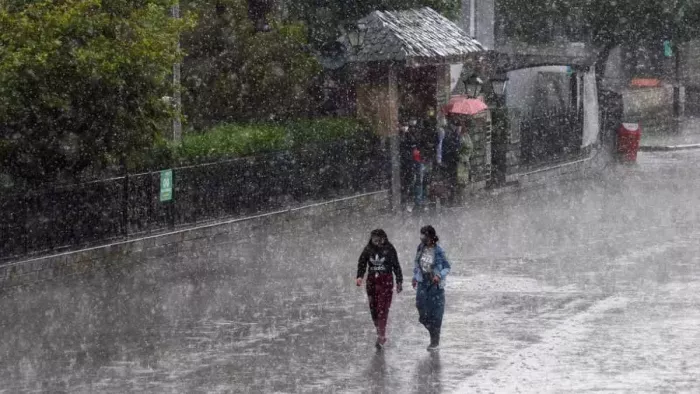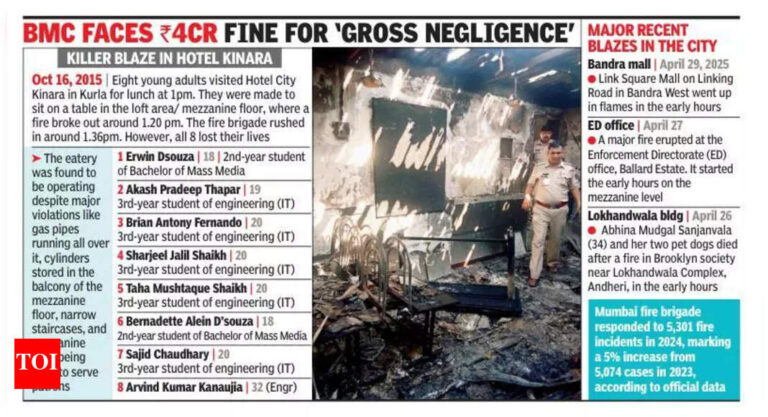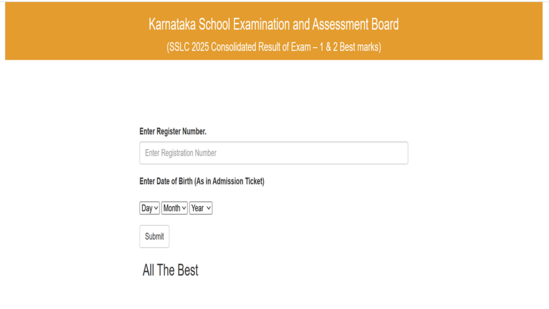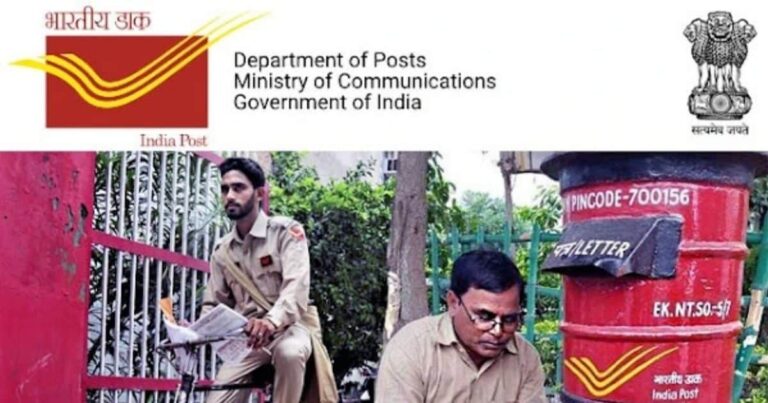Kerala Community in Dubai Faces Backlash for Hosting Shahid Afridi Amid Controversy
A Controversy Brews: Shahid Afridi’s Unwelcome Encounter in Dubai
In an unexpected turn of events, the expatriate community from Kerala in Dubai is currently facing intense criticism after extending a warm welcome to former Pakistani cricketer Shahid Afridi during a recent event. This incident has ignited a social media firestorm, forcing the Cochin University Btech Alumni Association (CUBAA) to issue a public apology in an attempt to clarify their intentions.
The Warm Welcome: A Viral Video
During an inter-collegiate dance competition organized by CUBAA on May 25, 2025, Afridi made a surprise appearance. To the crowd’s delight, the cricketing superstar was met with cheers and chants of his nickname "Boom Boom," as he praised Kerala’s vibrant culture and delicious cuisine in his brief address. A video capturing this joyous occasion quickly went viral, bringing unintended attention and backlash towards CUBAA.
However, the festive atmosphere took a sour turn the moment it was brought to light that Afridi had been vocal about controversial topics pertaining to India, especially in the context of recent tensions surrounding the Pahalgam terror attack. This revelation led many to deem the warm reception as offensive and inappropriate, igniting a storm of criticism on social media platforms.
Backlash from Social Media Users
Comments ranged from disapproving to outright hostile. Some users labeled the event as "shameful," while others expressed profound disappointment, stating that the community had chosen to honor someone who has criticized their country. The response reflected a broader sentiment among certain sections of internet users, particularly right-wing supporters, voicing their outrage while calling for accountability from CUBAA’s office-bearers.
CUBAA’s Response: An Apology for Misinterpretation
Facing relentless backlash, CUBAA felt compelled to respond. On May 30, they released a statement on Instagram clarifying that the warm reception of Afridi was entirely unintentional and that they never planned for his appearance. They emphasized several points in their defense:
-
Event Venue: The CUBAA had booked the Pakistan Association Dubai (PAD) prior to the escalation of diplomatic tensions between India and Pakistan. They had used this venue for past events, given its cost-effectiveness.
-
Unscheduled Appearance: Afridi and other cricketers featured at the same location for a different event on that day and made an "unannounced and unsolicited appearance" at CUBAA’s event. The organizers claimed that their team did not invite or coordinate with Afridi’s presence.
- Crowd Management: Given the unexpected nature of this surprise visit, the alumni association stated they were taken aback by the crowd’s enthusiastic response, leading to mismanagement in handling the situation.
CUBAA emphasized their commitment to maintaining an inclusive and culturally respectful environment, stating, "We regret any confusion or inconvenience caused and sincerely apologize to those affected."
Looking Ahead: A Community Divided
This incident highlights the complexities and sensitivities surrounding events that involve figures from countries with strained relations. It serves as an important reminder of the intricate ties within communities and how gestures of hospitality can be misconstrued in today’s charged political atmosphere.
Key Takeaways:
- The incident has spotlighted the challenges expatriate communities face in maintaining cordial relations while navigating diplomatic tensions.
- Social media’s role in shaping public perception and backlash cannot be understated; swift public opinion can impact offline relationships as keenly as it can online.
- As the expatriate community reflects on the incident, they must also consider the repercussions on community cohesion and the broader implications for future gatherings.
While the CUBAA has reached out to express regret, the underlying tensions remain unchanged, continuing to stir conversations in both local and international circles. The situation raises pertinent questions: How do communities honor cultural connections amidst political disputes? And how can they ensure that gestures of goodwill are interpreted as intended?
In the end, the fallout from this affair is a potent reminder of the often-fragile nature of intercultural dialogue, necessitating a careful balance between celebration and sentiment in an increasingly polarized world.
Conclusion
As the CUBAA navigates the aftermath of this incident, the lessons learned will likely resonate far beyond the expatriate community, prompting a deeper examination of cross-border relationships, cultural appreciation, and community solidarity.





